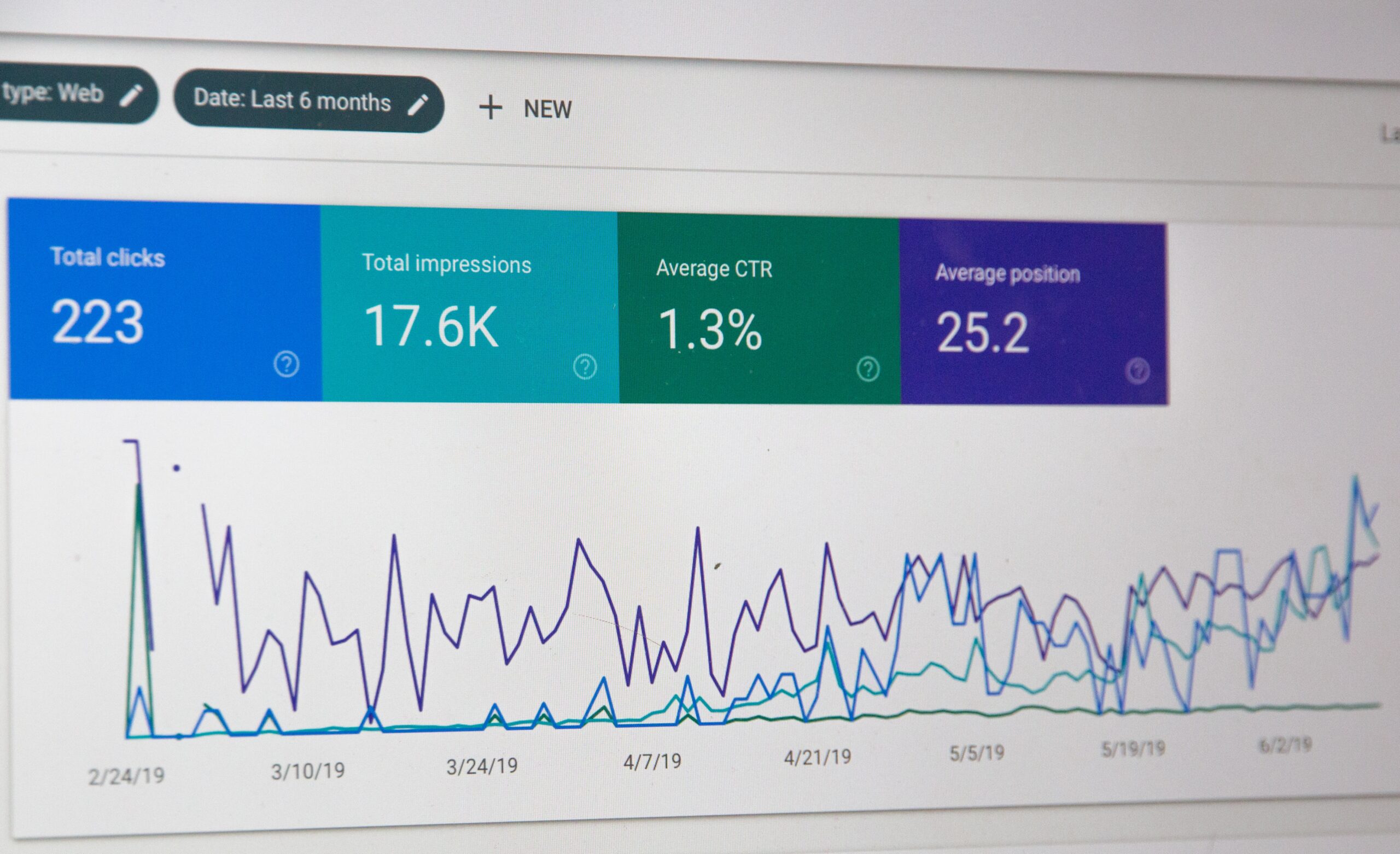I. Introduction
Definition of Small Businesses
Small businesses are the heartbeats of local economies, often characterized by their modest size, limited employee count, and a personalized approach to products or services. Despite their scale, small businesses play a vital role in fostering community connections and contributing to the economic tapestry.
Importance of Effective Marketing Strategies
In the competitive landscape, effective marketing is the lifeline that propels small businesses to visibility and success. It’s not merely about showcasing products or services but about building connections, understanding customer needs, and creating a distinct brand identity that resonates with the target audience.
Purpose of the Blog Post
This blog post is crafted to guide small businesses on the journey to marketing success. From understanding their target audience to building a strong brand identity and leveraging digital marketing channels, each section unveils actionable insights to empower small businesses in their marketing endeavors.
II. Understanding the Target Audience
Identifying Target Demographics and Psychographics
Before diving into marketing strategies, it’s crucial to know who the business is serving. Identifying target demographics (age, gender, location) and psychographics (interests, values) forms the foundation for personalized and effective marketing.
Conducting Market Research to Understand Customer Needs
Market research is the compass that points businesses in the right direction. Understanding customer needs, preferences, and pain points helps tailor products, services, and marketing messages.
Creating Buyer Personas to Personalize Marketing Efforts
Buyer personas are fictional representations of ideal customers. Crafting detailed buyer personas aids in personalizing marketing efforts, ensuring that messages resonate with specific segments of the audience.
III. Building a Strong Brand Identity
Creating a Memorable and Unique Brand Name and Logo
A brand’s name and logo are its visual ambassadors. Crafting a memorable and unique brand identity sets the stage for recognition and recall in the minds of consumers.
Developing Brand Messaging that Resonates
Brand messaging should be a reflection of the brand’s personality and values. Crafting messages that resonate emotionally with the target audience fosters a deeper connection.
Consistently Applying the Brand Identity Across Channels
Consistency is key in building brand recognition. Whether it’s on social media, the website, or physical collateral, applying the brand identity consistently reinforces its presence.
IV. Utilizing Digital Marketing Channels
Developing a User-Friendly and Mobile-Responsive Website
In the digital age, a website is the virtual storefront. Ensuring it is user-friendly and mobile-responsive enhances the user experience, contributing to increased engagement and conversions.
Implementing SEO Techniques to Improve Online Visibility
Search Engine Optimization (SEO) is the magic wand for online visibility. Implementing SEO techniques helps small businesses rank higher on search engine results, driving organic traffic.
Leveraging Social Media Platforms for Targeted Advertising
Social media is a powerhouse for small businesses. Leveraging platforms like Facebook, Instagram, and Twitter for targeted advertising and customer engagement amplifies the brand’s reach.
V. Implementing Content Marketing Strategies
Creating Valuable and Relevant Content
Content is the currency of the digital realm. Creating valuable and relevant content positions the business as an authority in its niche and attracts a loyal audience.
Using Storytelling Techniques to Convey Brand Values
Storytelling humanizes the brand. Using narrative techniques to convey the brand’s values and journey creates a connection that goes beyond transactions.
Incorporating Various Content Formats
Diversity in content keeps the audience engaged. Incorporating various formats such as blog posts, videos, and infographics caters to different preferences and consumption habits.
VI. Leveraging Email Marketing
Building an Email List Through Lead Generation
Email marketing remains a potent tool. Building an email list through lead generation techniques allows businesses to nurture relationships with potential and existing customers.
Sending Personalized and Targeted Campaigns
Personalization is the secret sauce of email marketing. Sending campaigns tailored to specific segments of the audience ensures relevance and higher engagement.
In Part 2 of this blog series, we will explore additional marketing strategies, delve into case studies, and provide actionable tips for small businesses to thrive in the dynamic world of marketing. Stay tuned for the next chapter in the journey to marketing success!




